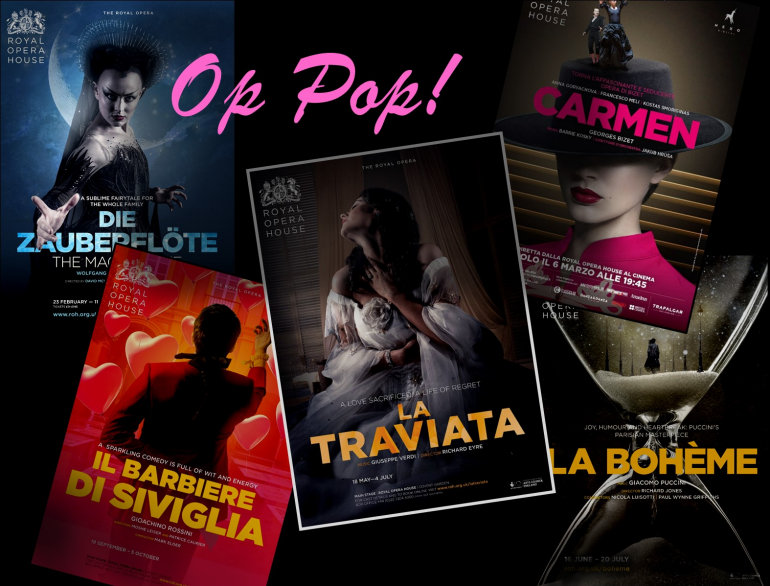| Handout (flat) Handout (folded) Class Script | Return to Index |
The list below includes trailers for all five of the productions sampled in class, so that you can remind yourselves of
their flavor; these are likely to remain available indefinitely. In addition (though perhaps only for a short time), the two
films and the London production by David McVicar are available complete. If you are looking for one reliable performance of
The Magic Flute, I would go for the Bergman; though the oldest by far, it has retained its charm, and despite being
sung in Swedish, it is the only one with English titles. rb.
| FILMS | |||
| Ingmar Bergman, 1975 |
* Trailer * Complete (with English titles) |
||
| Kenneth Branagh, 2006 |
* Trailer * Complete |
||
| STAGE PRODUCTIONS | |||
| David McVicar, London, 2003 |
* Trailer * Act I complete * Act II complete * Papageno/a duet (clip shown in class) |
||
| Julie Taymor, Met, 2006 | * Trailer | ||
| Graham Vick, Macerata, 2019 | * Trailer (in Italian) | ||
| IMAGES | |||||
| The thumbnails below cover the slides shown in class. Click the
thumbnail to see a larger image. Click on the right or left of the larger picture to go forward or back, or outside it to close. |
|||||
 |  |  | |||
 |  |  | |||
 |  |  | |||
 |  |  | |||
 |  |  | |||
 |  |  | |||
